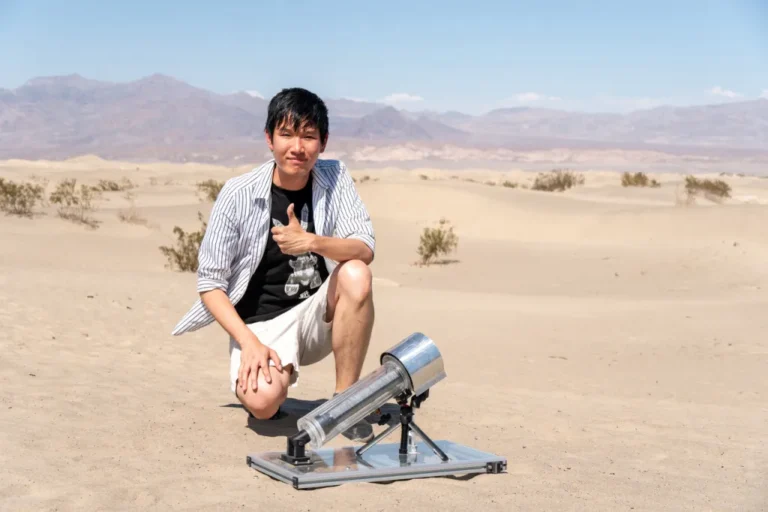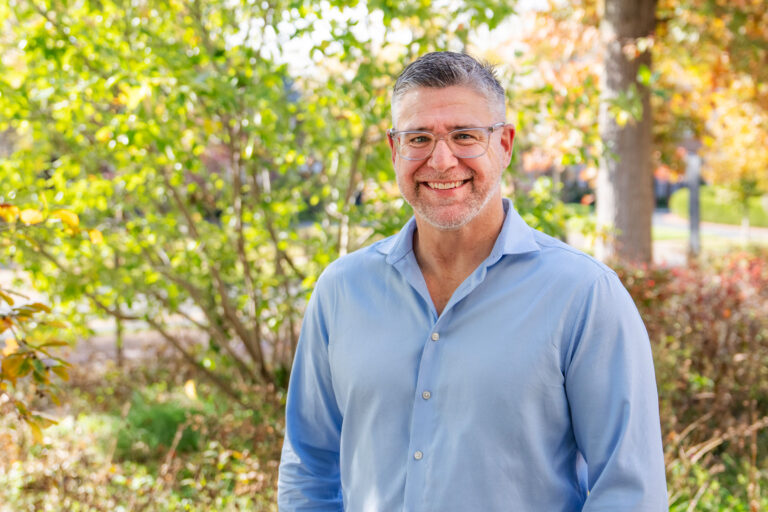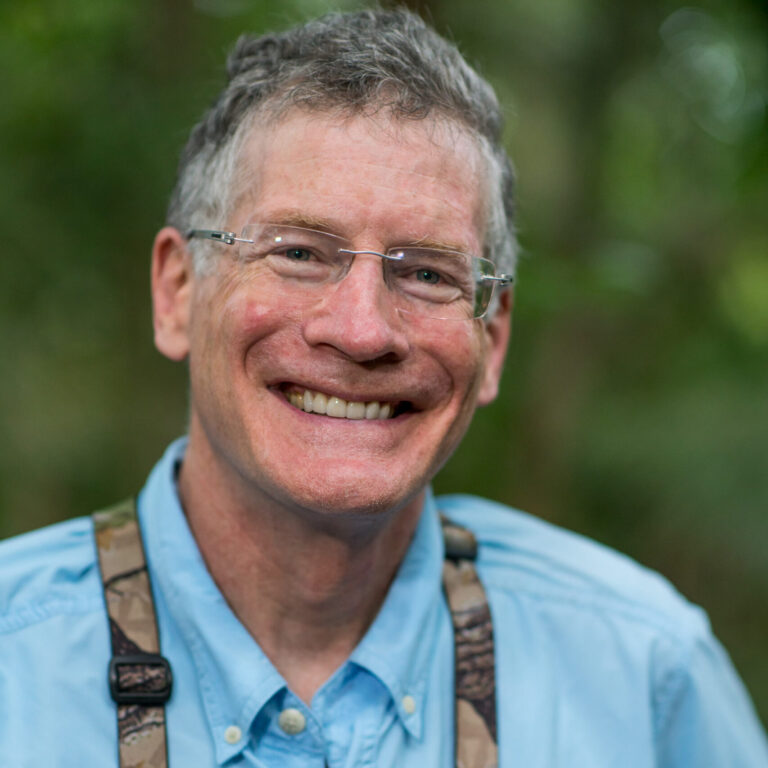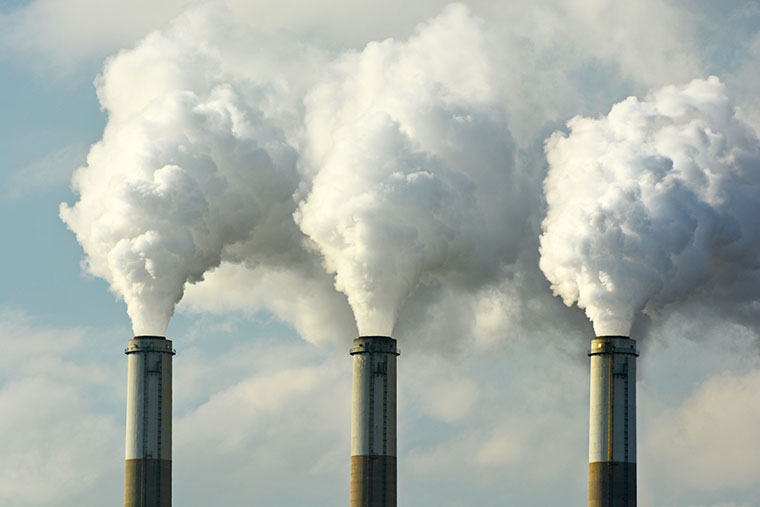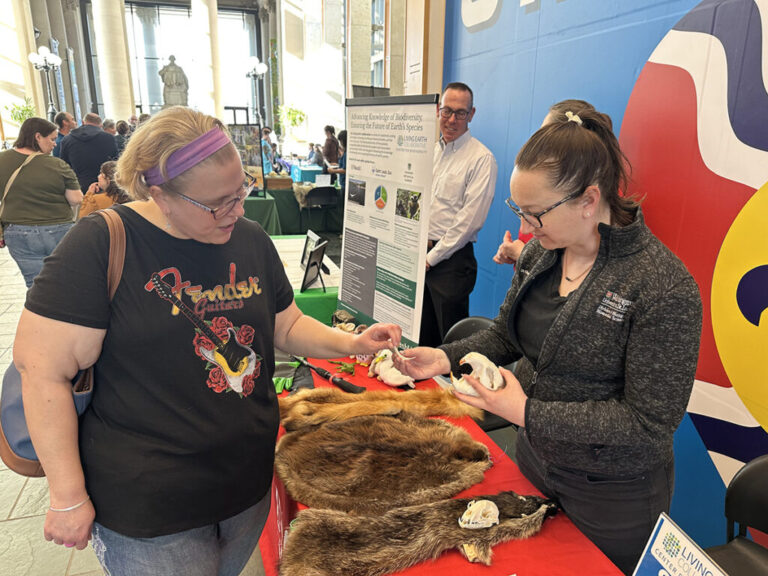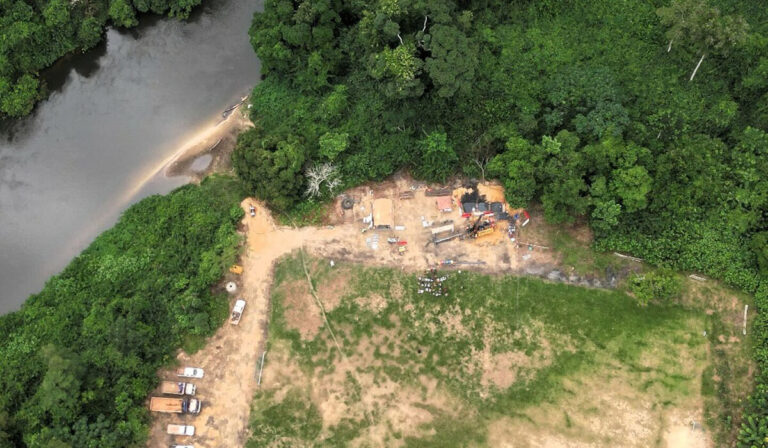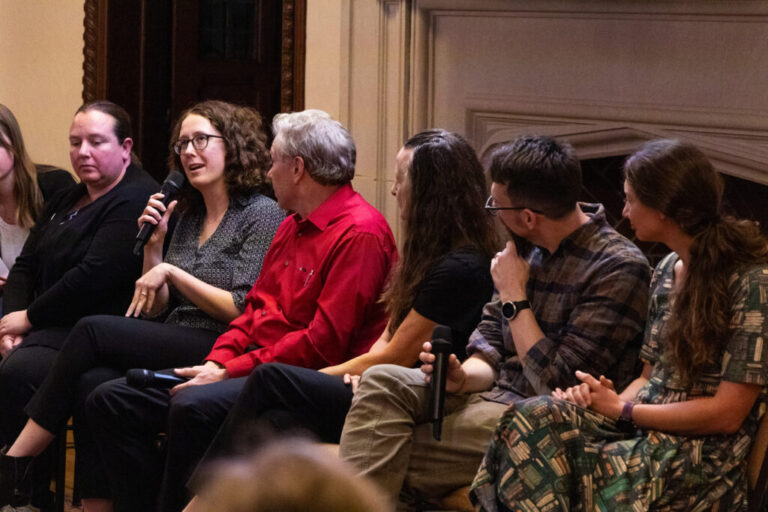How chemical “sponges” could change the world: A conversation with Zach Zheng
Zach Zheng uses AI to create metallic-organic compounds with potential applications far beyond the lab.
A conversation with public health entrepreneur Joe Steensma
A professor of practice, Steensma focuses on the integration of business and entrepreneurialism with public health
Losos, Zorumski receive faculty achievement awards
Founders Day recognizes distinguished faculty, alumni, supporters
WashU students challenge Missouri air pollution findings
Two students from Washington University in St. Louis’ Interdisciplinary Environmental Clinic (IEC) recently took aim at the state’s arguments about who bears responsibility for harmful air pollution in the St. Louis region.
WashU Medicine Restaurants Earn Green Dining Alliance Certifications
Shell Café and Farmstead Café, both located at the Medical Campus, recently earned 5-star Green Dining Alliance certification, the program’s highest honor.
WashU-sponsored Thursday Nights at the Museum celebrate St. Louis
Free, family-friendly event features performances, panel discussions, film and music
Drilling deep to study the oxygenation of Earth
SHARE
Some 2.3 to 2.4 billion years ago, Earth underwent a monumental transformation that forever altered the planet’s course. Cyanobacteria evolved a new kind of photosynthesis that unleashed tremendous amounts of oxygen into the oceans and atmosphere, setting the stage for life as we know it.
Advancing our mission: Rapid progress, big wins from strategic plan
WashU is recognizing successes while planning for the years ahead.
2026 Arboretum Sticker Competition
The WashU Arboretum is now welcoming design submissions from WashU students for the 2026 Arboretum sticker, featuring this year’s Tree of the Year, Ginkgo biloba.
St. Louis community organizers and WashU professors gather to discuss religion and the environment
The Department of English hosted “A Conversation on Religion and the Environment: Academia, Community, Activism” to discuss across disciplines the intersectionality of religion and the environment in the St. Louis and WashU communities.
